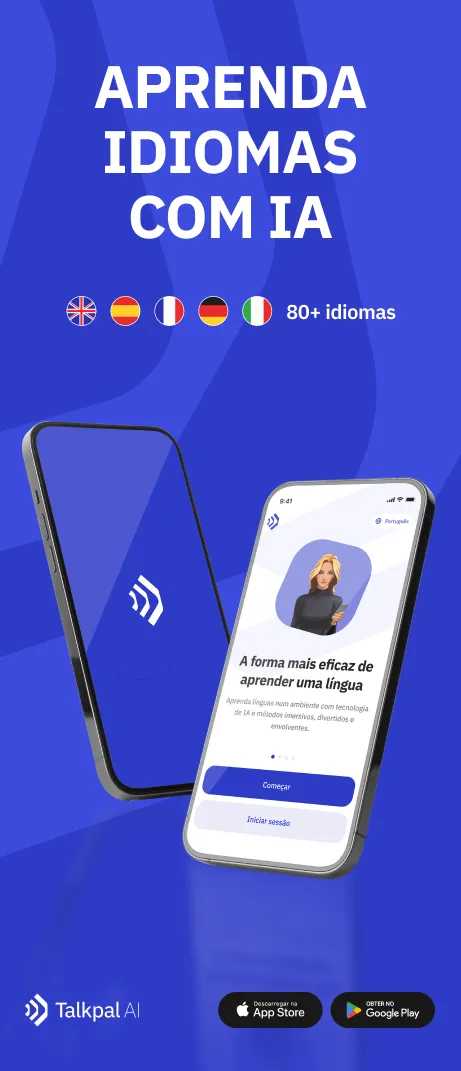Por meio destes exercícios, você será capaz de entender melhor como usar o Past Progressive em diferentes contextos. Preste atenção aos sinais temporais comuns que frequentemente acompanham esse tempo verbal, como “when,” “while,” “as,” entre outros. É importante também notar a diferença entre o Past Progressive e o Simple Past, que é usado para ações completas no passado. Vamos praticar com as frases a seguir.
Exercício 1: Complete as frases com a forma correta do Past Progressive.
I *was studying* (study) when the phone rang.
She *was watching* (watch) TV all evening yesterday.
They *were talking* (talk) about their vacation plans last night.
While I *was cooking* (cook), the kids were playing in the garden.
What *were you doing* (do) at 8 o’clock last night?
The birds *were singing* (sing) loudly when the sun rose.
He *was waiting* (wait) for her when it started to rain.
My brother *was reading* (read) a book while I was doing my homework.
We *were driving* (drive) through the town when we saw the parade.
The teacher *was explaining* (explain) the lesson when the bell rang.
They *were not playing* (not play) football because it was too hot.
While the cat *was sleeping* (sleep), the dog was barking loudly.
I saw that you *were wearing* (wear) your new coat yesterday.
It *was raining* (rain) all morning last Saturday.
The children *were shouting* (shout) and laughing at the park.
Exercício 2: Preencha as lacunas utilizando o Past Progressive conforme apropriado.
While we *were hiking* (hike), we saw an eagle.
You *were not listening* (not listen) to me when I was explaining the rules.
The baby *was crying* (cry) when his mother picked him up.
At this time yesterday, we *were sitting* (sit) on the beach and watching the sunset.
My parents *were travelling* (travel) around Europe last summer.
She *was not feeling* (not feel) well, so she decided to stay home.
While Tom *was writing* (write) the report, I was compiling the data.
He *was not wearing* (not wear) his glasses, that’s why he didn’t see you.
They *were discussing* (discuss) the project for hours.
She *was waiting* (wait) at the bus stop when I drove by.
I *was thinking* (think) about you when you called.
It *was snowing* (snow) heavily, and we were stuck at home.
They *were not buying* (not buy) anything at the store; they were just looking around.
The children *were swimming* (swim) in the pool when it began to thunder.
While you *were sleeping* (sleep), someone took your phone.










